
Protection for individuals in the United States fleeing persecution in their home country due to race, religion, nationality, social group membership, or political opinion.
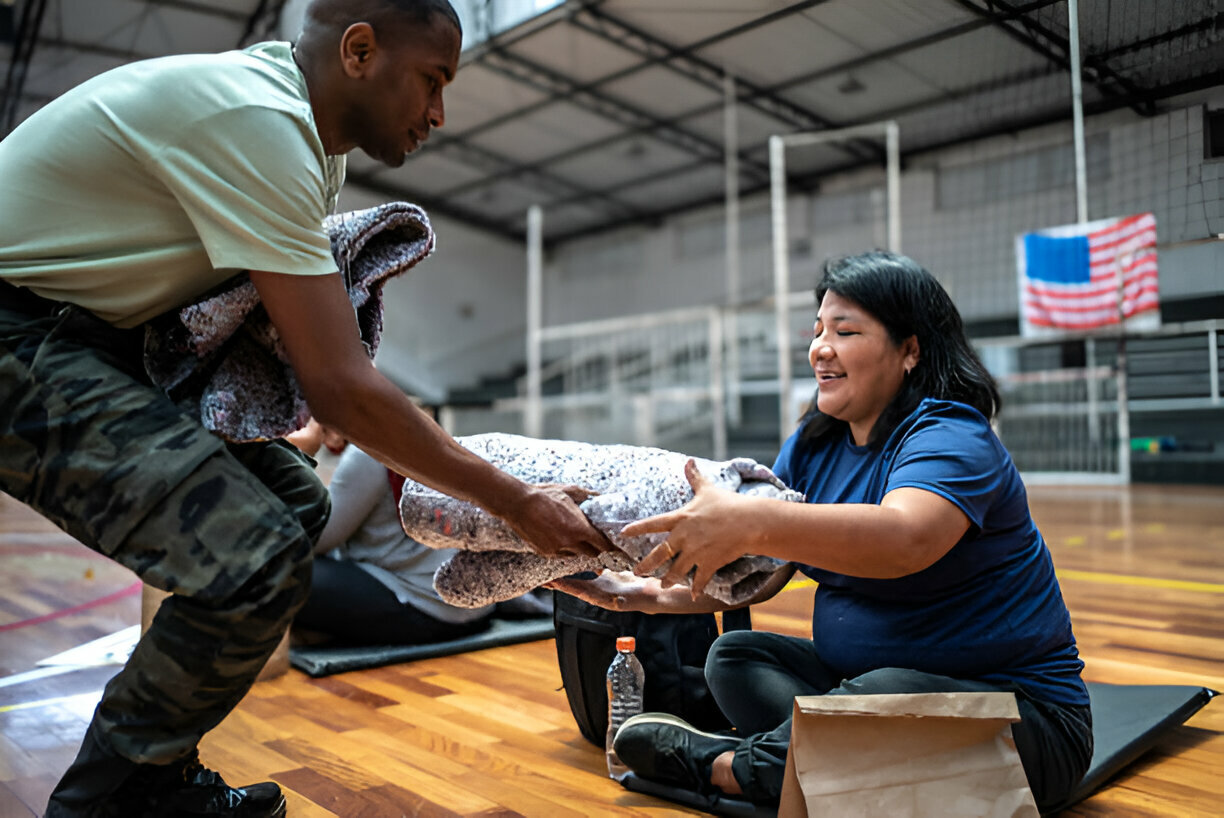

The Adjustment of Status process allows individuals present in the United States, who entered legally (such as on a tourist, student, or work visa), to apply for permanent residency without leaving the country.
Advance Parole is a permit that allows individuals who are in the process of an immigration application, such as adjustment of status or DACA, to leave and re-enter the United States legally for humanitarian reasons or other circumstances.


Evidence of citizenship for individuals born outside of the United States who acquired naturalization through a statutory provision after their birth (prior to June 2017).
Deportation cancellation is the legal process to stop or prevent individuals from being removed from the United States. It can be pursued based on factors like strong ties to the U.S., extreme hardship to family, or eligibility for relief under immigration laws.
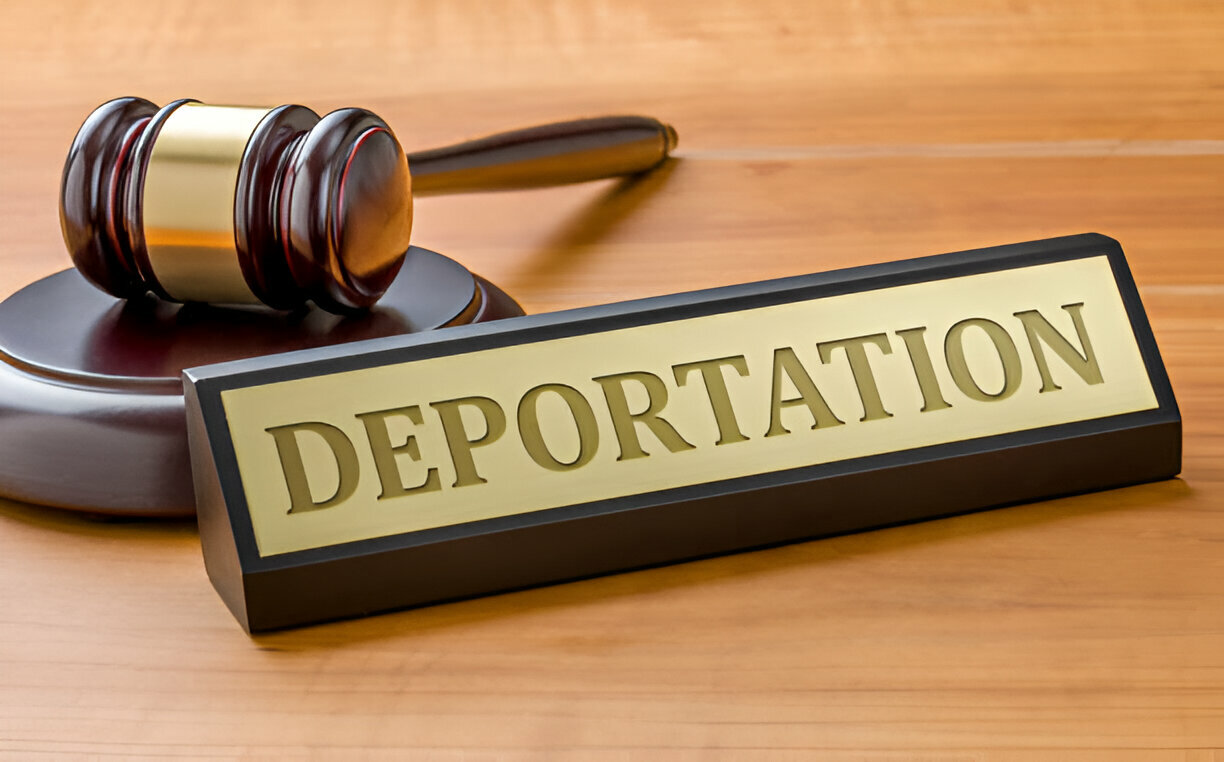

LPR deportation cancellation is a legal process allowing lawful permanent residents (LPRs) facing removal from the United States to seek cancellation of their deportation order.
A legal option for staying in the U.S. for those ineligible for a green card, requiring 10 years of physical presence, good moral character, and showing deportation would cause exceptional hardship to a close family member (LPR or U.S. citizen)
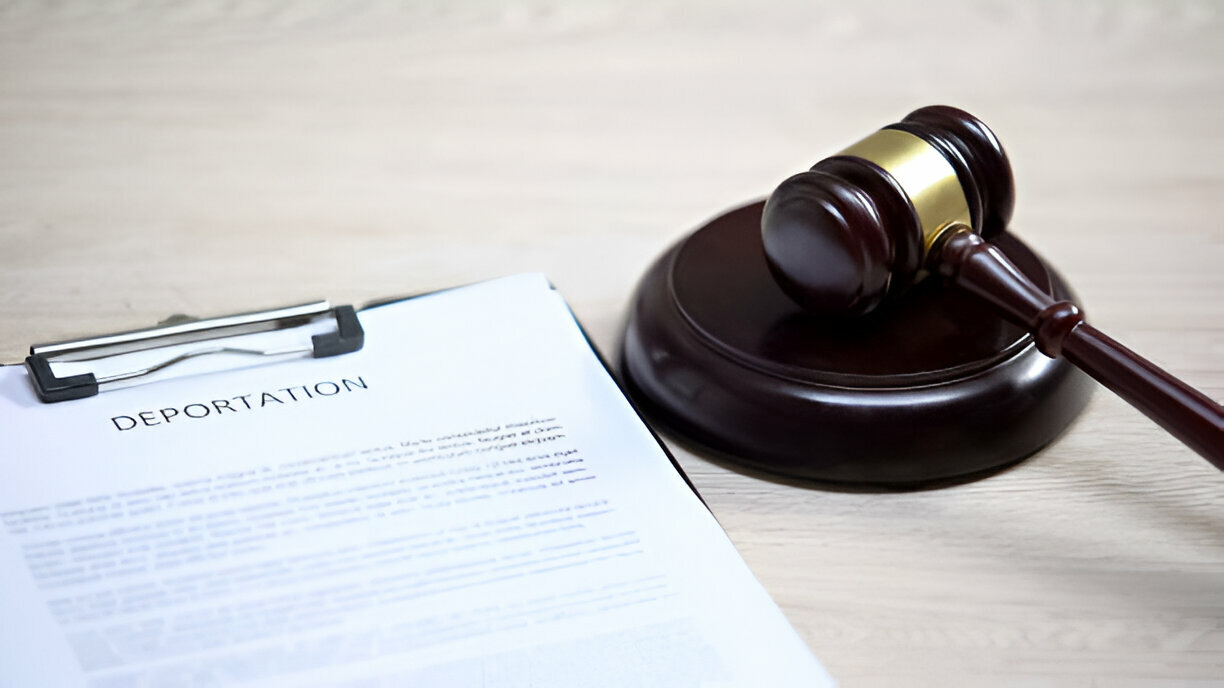

Request made by one party in a legal case to transfer the case from one court to another, often due to a change in residence, convenience, or perceived fairness.


Request made to a court to reconsider or re-examine a previously closed legal case.


The process by which a U.S. citizen or legal permanent resident (green card holder) requests for a foreign family member to immigrate and live permanently in the United States


A formal request made by a U.S. citizen or lawful permanent resident to allow a foreign family member to immigrate to the United States and obtain permanent residency status.
The procedure through which individuals outside the United States apply for immigrant visas at a U.S. consulate or embassy in their home country in order to immigrate to the United States.

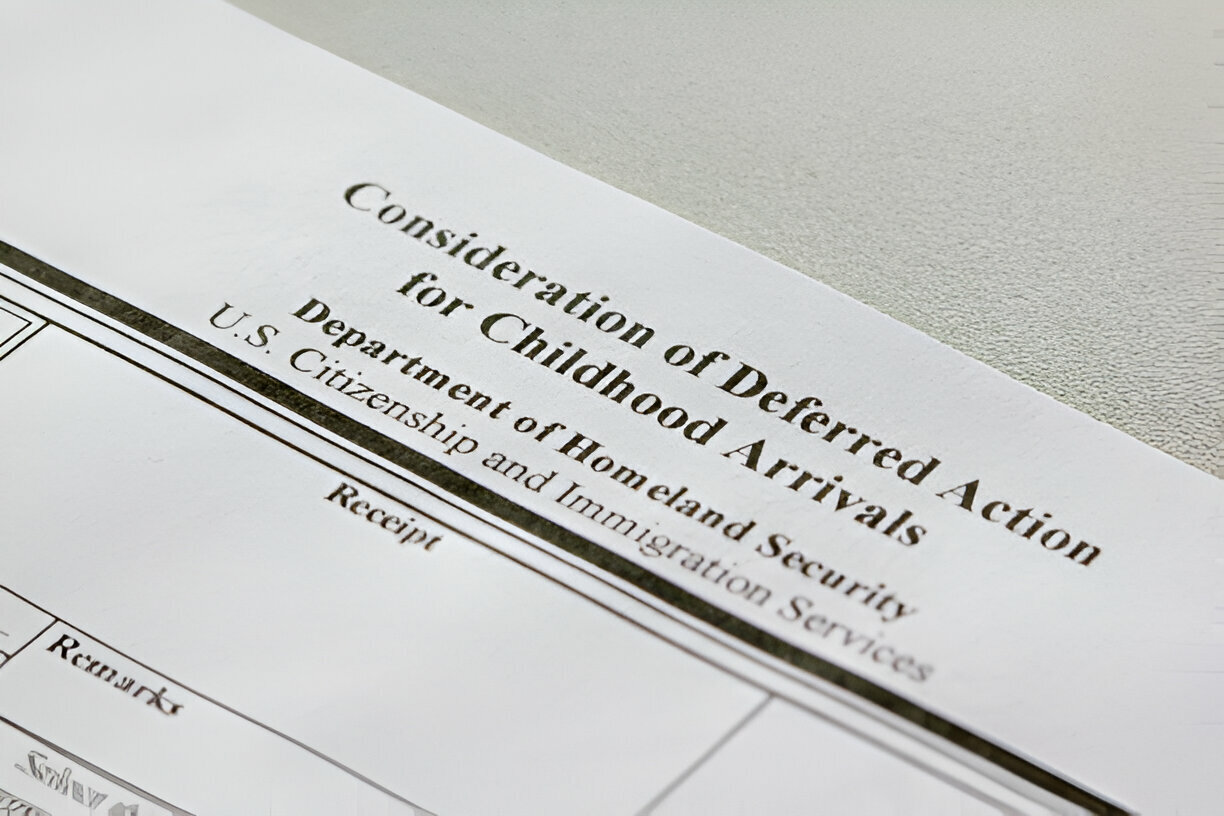
The process by which individuals who are already beneficiaries of the Deferred Action for Childhood Arrivals (DACA) program apply to extend their DACA status for an additional period of time
The process to extend the status of a legal permanent resident. It must be requested for renewal within the next 6 months before expiration, otherwise, the status as a Permanent Resident may be lost.


The process of applying for citizenship in the United States involves verifying eligibility, completing the naturalization form (Form N-400), undergoing an interview and English and civics exam, and attending a swearing-in ceremony upon approval, becoming a U.S. citizen.
The process for requesting a replacement approval notice for lost documents. Additionally, it applies when one has an approved visa petition and requires USCIS to transmit the approval to an embassy or consulate abroad for the beneficiary to secure the immigrant visa.

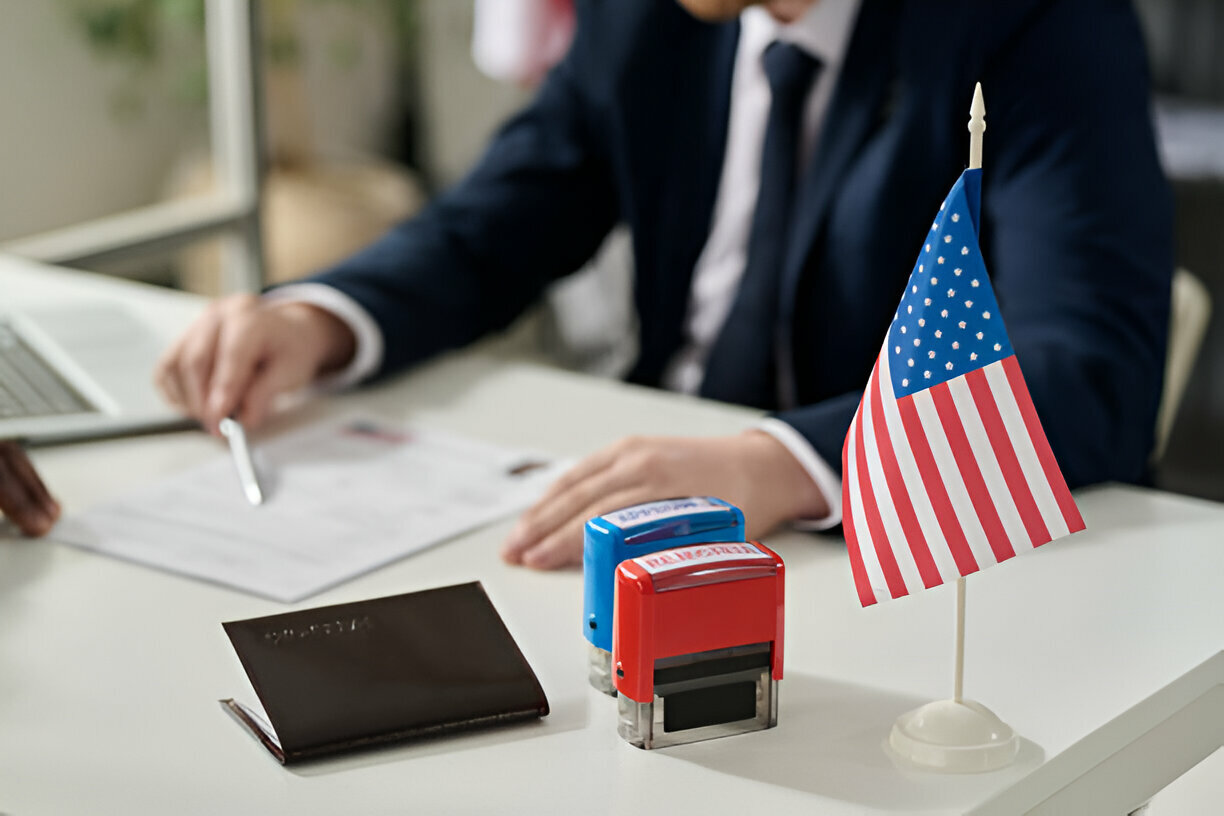
Protection from a juvenile court for those who have been victims of abuse, abandoned, or subjected to neglect by a parent or guardian
The fiancé visa process, or K-1 visa, involves the U.S. citizen petitioner submitting a petition to USCIS. After approval, the foreign fiancé(e) completes the visa application, attends an interview at the U.S. embassy or consulate, and, if approved, receives the K-1 visa. Upon entering the U.S., they must marry the petitioner within 90 days and can then apply for lawful permanent resident status.
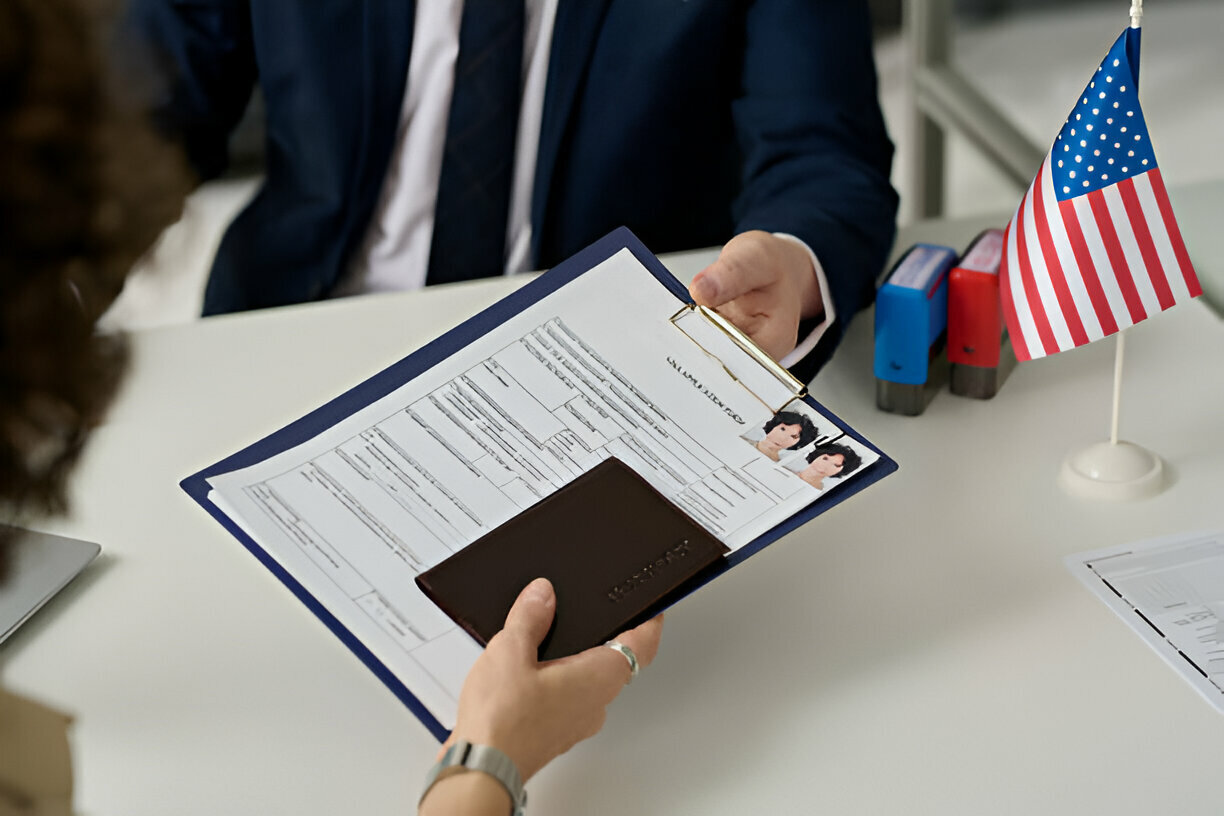
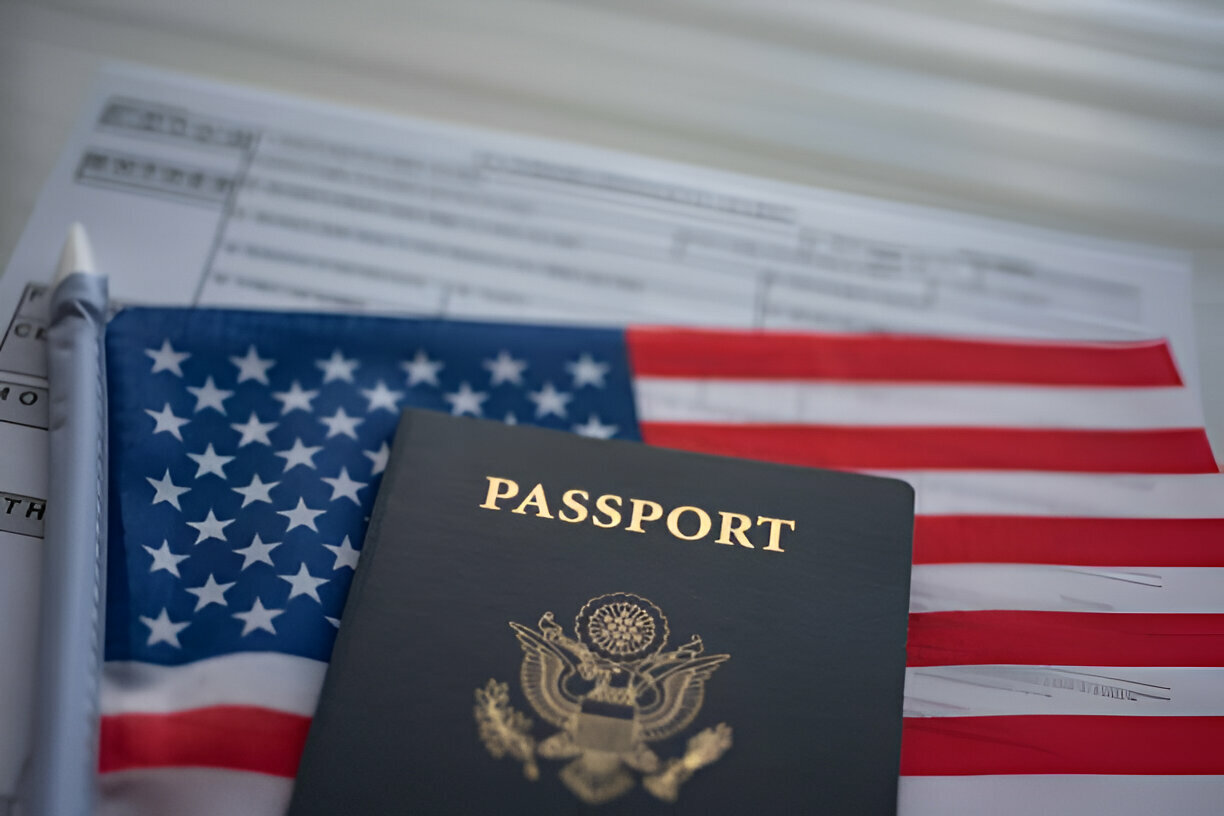
The U visa is a non-immigrant visa designed for victims of certain crimes who have suffered mental or physical abuse and are willing to assist law enforcement in the investigation or prosecution of the criminal activity. It provides temporary legal status and work authorization in the United States, with the possibility of obtaining lawful permanent residency in the future,
The VAWA visa, or Violence Against Women Act visa, is a form of relief available to certain victims of domestic violence who are married to a U.S. citizen or lawful permanent resident, or who are the child of a U.S. citizen or lawful permanent resident. It allows victims to self-petition for legal status independently of their abuser, providing them with protection and the ability to pursue lawful permanent residency in the United States
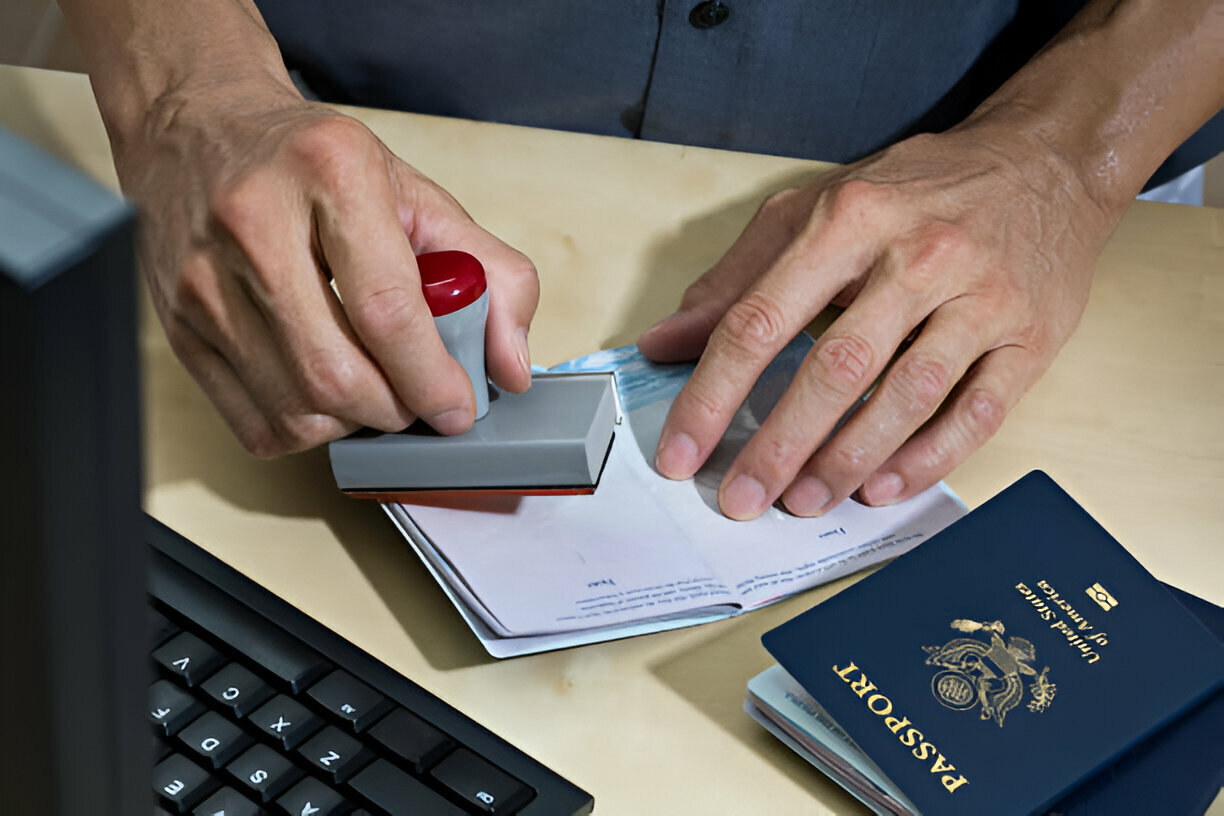
Lorem ipsum dolor sit amet, consectetur adipiscing elit. Ut elit tellus, luctus nec ullamcorper mattis, pulvinar dapibus leo.